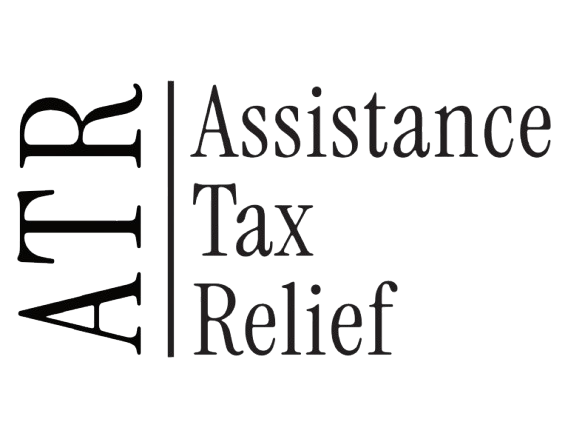Will I be Charged Interest and Penalties for Filing and Paying My Taxes Late?
Short answer: Yes. If you file your tax return late or don’t pay the amount you owe by the deadline, the IRS will charge interest — and may also assess penalties for both late filing and late payment.
Here’s what you need to know:
Interest on Unpaid Taxes
Interest begins accruing from the original due date of your return — even if you filed for an extension — and continues until your balance is fully paid. It compounds daily, which means it grows over time.
For individual taxpayers, the interest rate is the federal short-term rate + 3%, adjusted quarterly.
To check the current rate, search for “quarter interest rates” in the IRS Newsroom.
Failure-to-Pay Penalty
If you don’t pay your taxes by the due date, this penalty applies.
0.5% per month (or part of a month) on the unpaid tax, up to 25% total
If you receive a final notice of intent to levy and don’t pay within 10 days, the rate jumps to 1% per month
If you're on an approved installment agreement, the rate drops to 0.25% per month
You may qualify for penalty relief if you can show reasonable cause
Failure-to-File Penalty
This applies if you file your return late without a valid extension or reason.
5% per month (or part of a month) on the unpaid tax, up to a 25% maximum
If both the filing and payment penalties apply in the same month, the combined penalty is 5% (4.5% for filing + 0.5% for paying)
If your return is over 60 days late, the minimum penalty is the lesser of $510 (for 2025 returns) or 100% of the unpaid tax
Can You Dispute a Penalty or Interest?
Yes. If you believe a penalty or interest charge was added in error — or if you had a valid reason for missing your deadline — you can request penalty abatement or relief. Check out IRS Publication 1: Your Rights as a Taxpayer for more information.
📅 Schedule a free consultation or case investigation:
www.assistancetaxrelief.com/appointments
📞 Phone: (720) 383-6160
📧 Email: adam@assistancetaxrelief.com
📠 Fax: (720) 484-8700
